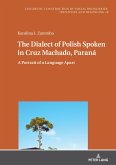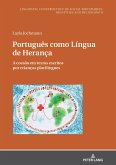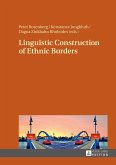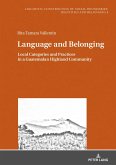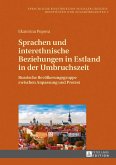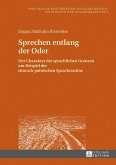The book presents the results of an empirical study on the relationship between Afrikaans language, identity and ethnicity from the perspective of sociolinguistics. More specifically, it deals with the Coloureds of Cape Town born after the end of apartheid (in 1994). As a methodological approach, several interviews were conducted in order to find out, from the point of view of the South Africans themselves, how these relationships take place and socially occur. The linguistic variety of Afrikaans known as Kaaps (spoken by the Coloureds) became one of the most important points of discussion since it reflects the identity of the group referred. Issues such as linguistic choices, ethnic and linguistic prejudice, as well as rejection of non-standard forms of speech came to the fore in the research.
Amazing study about the "in-betweenness" of coloured substandard Afrikaans speakers, navigating between black native English speakers, the prestige language of post-apartheid South Africa, and white speakers of Afrikaans, the "language of apartheid".
(Peter Rosenberg, Europa-Universität Viadrina).
Amazing study about the "in-betweenness" of coloured substandard Afrikaans speakers, navigating between black native English speakers, the prestige language of post-apartheid South Africa, and white speakers of Afrikaans, the "language of apartheid".
(Peter Rosenberg, Europa-Universität Viadrina).


